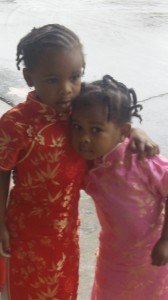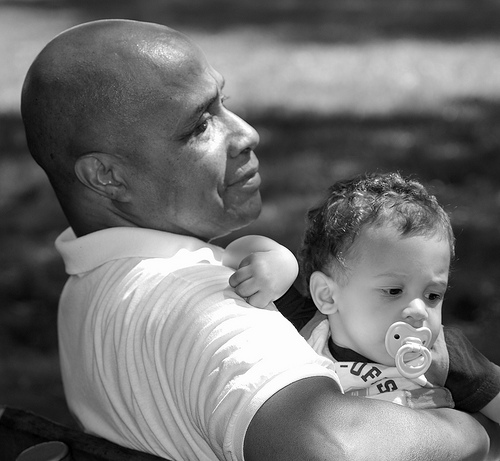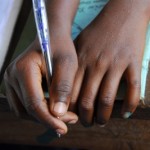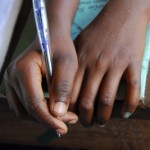Welcome
Parents of African American Students Studying Chinese (PAASSC) is a parent and community driven organization that is committed to providing support to and encouraging African American children who are pursuing Chinese as a second language.
The U.S. has seen an explosion of language immersion programs and recently there has been a tremendous growth in the number of Chinese Immersion programs that are being made available for our children. It is estimated that there are at least 50 Chinese-language immersion K-12 programs at U.S. schools, compared to about a dozen six yea rs ago and at least 22 of those programs are located in the Bay Area. Chinese (Mandarin) is the most popular language spoken worldwide . There are more than three times as many Mandarin speakers in the world as Spanish speakers – the second most popular language.
rs ago and at least 22 of those programs are located in the Bay Area. Chinese (Mandarin) is the most popular language spoken worldwide . There are more than three times as many Mandarin speakers in the world as Spanish speakers – the second most popular language.
As the number of students learning Chinese has grown so has the number of African American students that are immersing themselves in the Chinese language and culture. This is an incredible endeavor for these young children and the peers but as a mother of two African American daughters that are enrolled in Chinese Immersion programs it is my concern that there are additional community and social supports that parent groups need to create to ensure that African American children are able to maximize their learning potential as well as their social and cultural development.
PAASSC was founded in April 2011 in Berkeley, CA as a parent-driven, community based organization to provide play dates, workshops, school fairs, and support to ensure that African American students and their parents are actively participating in their child’s language acquisition and cultural development to support the continued well-rounded growth of our children.
We invite you to look at our Events page to view our upcoming activities and we hope that you and your family will take the time to connect with other African American children that are learning to speak Chinese.





